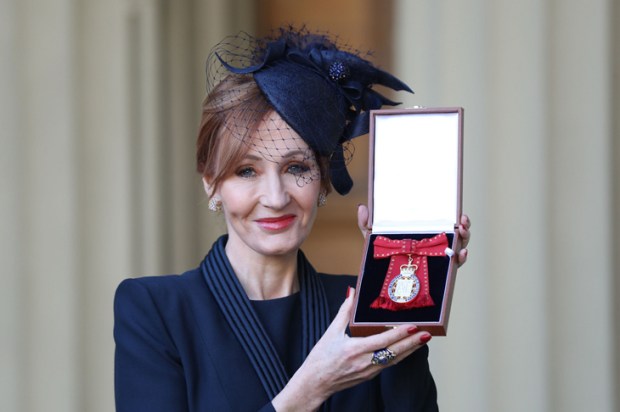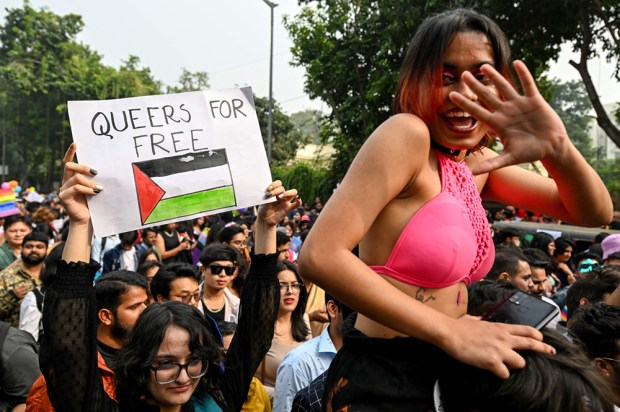The word ‘special’ means: ‘Exceptional in quality or degree; unusual; out of the ordinary; excelling in some way’ (Oxford English Dictionary). It came into English as long ago as the 13th century from an Anglo-Norman source word (behind which lies a classical Latin word). My reason for mentioning this that recenly a defender of the (failed) Yes vote told me in an email that Aboriginal Australians ‘are special and deserve special treatment’. Really? We certainly tell our children (and our grandchildren) that they are ‘special’ – because they are ‘special’ to us. We love them to bits, and think they are ‘exceptional’. I happen to think my grandsons are exceptionally good-looking and exceptionally clever. Or is that just grandpa talking? But is it linguistically appropriate to apply this language of ‘special’ (‘exceptional’) to a whole race of people? My guess is that the users of this ‘special’ language are claiming that Aboriginal Australians are ‘special’ because of their history and culture. Well, every culture is worthy of respect, and how does that history make some person (or some race) ‘special’ in the 21st century? There are (Warren Mundine tells me) some 30,000 Aboriginal Australians with university degrees, working in their chosen professions, and doing just as well as any other professionals. Their history doesn’t make them ‘special’ or ‘exceptional’ in any way. They are human beings just like us. We all share our common humanity. What worries me is that this ‘special’ language seeks to undermine our common humanity. A recent report says that 60 per cent of Aboriginal marriages are with non-Aboriginal people – that looks a lot like shared humanity to me. Surely there is no place for this language of ‘special’?
The weather bureau tells us that we are now officially in an ‘El Niño event’ and, as a result we can expect warmer and drier weather. For us wordies the question is: where did this ‘El Niño’ label come from? The answer, it turns out, is from Peruvian fishermen, centuries ago. The story starts with a warm ocean current the flows by the northern coast of Peru regularly, like clockwork, from about Christmas to about March every year. The local fishermen called this warm ocean current ‘El Niño de Navidad’ – Spanish for ‘The Christmas Child’ (or, perhaps, more literally ‘The Christmas Boy’ since ‘El Nino’ is the masculine form in Spanish – the equivalent feminine form is ‘La Niña’).
There is evidence they coined this label as long ago as the 1600s. Then around 1896 meteorologists were looking for a name for a related event – namely, the irregular occurrence of an extreme form of this warm ocean current phenomenon. When it turned up (irregularly) in its extreme form it travelled west across the Pacific from Peru causing warmer and drier weather on every continent it touched (sometimes much warmer and much drier).
As they looked around for a name for this sort of event, they chose the Spanish expression coined by those Peruvian fishermen so long ago, and called it the ‘El Niño Southern Oscillation.’ And this, remember, was coined back in 1896 – long before ‘climate change’. So why will we have a warmer, drier summer folks? Because of ‘the Christmas child’ – not climate change!
Got something to add? Join the discussion and comment below.
Get 10 issues for just $10
Subscribe to The Spectator Australia today for the next 10 magazine issues, plus full online access, for just $10.
Contact Kel at ozwords.com.au
You might disagree with half of it, but you’ll enjoy reading all of it. Try your first month for free, then just $2 a week for the remainder of your first year.














Comments
Don't miss out
Join the conversation with other Spectator Australia readers. Subscribe to leave a comment.
SUBSCRIBEAlready a subscriber? Log in